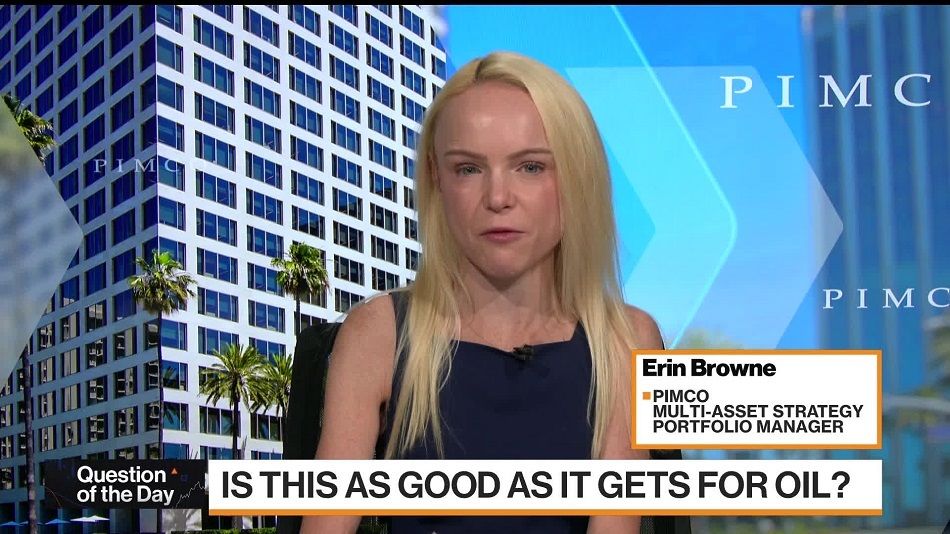Asian stocks climbed after US shares posted their first advance this month, with traders focused on upcoming inflation figures in the US for clues on the path of interest rate hikes.
(Bloomberg) — Asian stocks climbed after US shares posted their first advance this month, with traders focused on upcoming inflation figures in the US for clues on the path of interest rate hikes.
A benchmark of Asia equities headed for a sixth weekly gain, the longest such stretch in two years. That followed a rebound in the S&P 500 after a rout that put the gauge on the cusp of breaching its average price of the past 100 days.
Shares in Hong Kong rose while mainland gauges fluctuated as data showed China’s factory-gate prices contracted again in November while consumer inflation eased. Chinese property shares were among the biggest gainers amid expectations that authorities may add support for the ailing sector at a key economic meeting next week.
Investors are taking heart from any signs of softness in prices that may allow central banks to be less hawkish and more supportive of economic growth.
The dollar dropped versus most of its major counterparts, extending Thursday’s move when geopolitics-driven appetite for haven investments faded. The offshore yuan slightly strengthened.
Treasury yields were little changed, with 10-year yields hovering below 3.5%. Government bond yields moved lower in Australia while those in New Zealand rose. Japan’s benchmark 10-year yields were unchanged.
Oil rose in Asia, but headed for a weekly drop of nearly 10% after a volatile session on Thursday on concerns over economic outlook. Gold steadied.
Friday’s US producer price index for November is one of the final pieces of data Federal Reserve policymakers will see before their Dec. 13-14 policy meeting. The PPI in October cooled more than expected. Meanwhile there are some signs the labor market is cooling, with continuing jobless claims climbing to the highest since early February.
Strategists from Morgan Stanley to JPMorgan Chase & Co. have warned investors against piling back into risk on hopes the Fed is getting close to pivoting to easier policy.
JPMorgan Asset Management sees more room for equities to decline from the current levels. “We still think next year it’s going to be a pretty downbeat outlook for the global economy, given all the tightening we have seen so far this year,” Sylvia Sheng, global multi-asset strategist, said on Bloomberg Television.
Meanwhile in China, comments from Li Keqiang were supportive sentiment, with the Chinese premier saying economic growth would “keep picking up.”
JPMorgan strategist Marko Kolanovic said he “remains positive on China, due to favorable monetary conditions as well as an eventual full reopening and end of Covid.”
Key events this week:
- US PPI, wholesale inventories, University of Michigan consumer sentiment, Friday
Some of the main moves in markets:
Stocks
- S&P 500 futures rose 0.2% as of 12:13 p.m. Tokyo time. The S&P 500 rose 0.8%
- Nasdaq 100 futures rose 0.3%. The Nasdaq 100 rose 1.2%
- Japan’s Topix index rose 1.2%
- South Korea’s Kospi index rose 0.7%
- Hong Kong’s Hang Seng Index rose 1.1%
- China’s Shanghai Composite Index fell 0.1%
- Australia’s S&P/ASX 200 index rose 0.5%
Currencies
- The Bloomberg Dollar Spot Index fell 0.2%
- The euro rose 0.2% to $1.0580
- The Japanese yen rose 0.6% to 135.91 per dollar
- The offshore yuan was little changed at 6.9560 per dollar
Cryptocurrencies
- Bitcoin rose 0.2% to $17,216.4
- Ether rose 0.3% to $1,282.18
Bonds
- The yield on 10-year Treasuries declined two basis points to 3.46%
- Japan’s 10-year yield was little changed at 0.25%
- Australia’s 10-year yield declined seven basis points to 3.29%
Commodities
- West Texas Intermediate crude rose 0.9% to $72.13 a barrel
- Spot gold rose 0.3% to $1,794.70 an ounce
This story was produced with the assistance of Bloomberg Automation.
–With assistance from Rita Nazareth and Rob Verdonck.
More stories like this are available on bloomberg.com
©2022 Bloomberg L.P.











